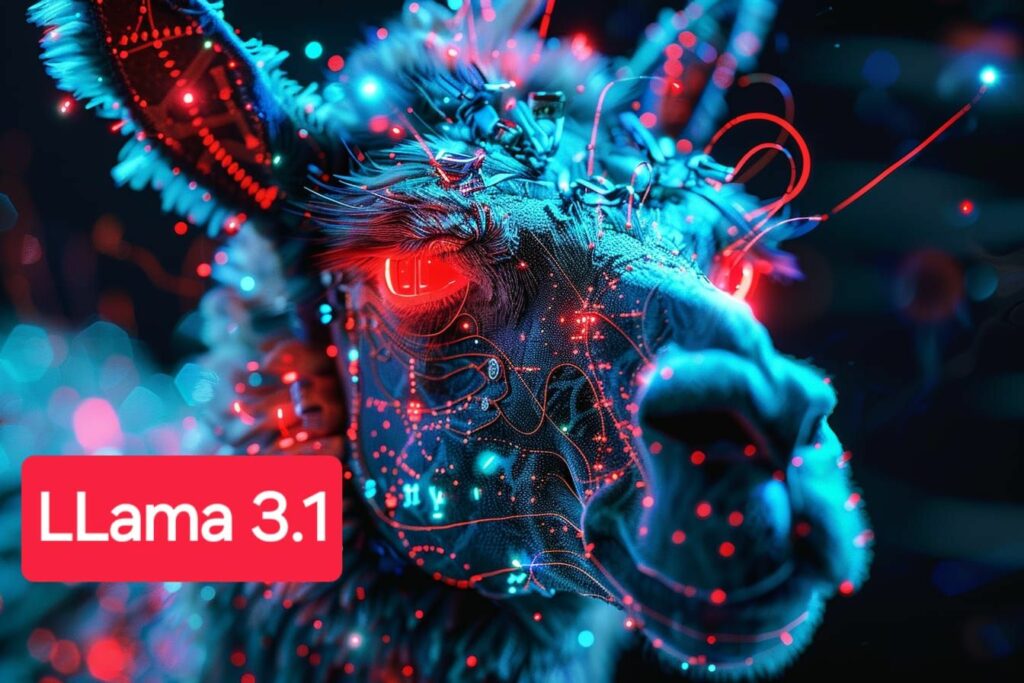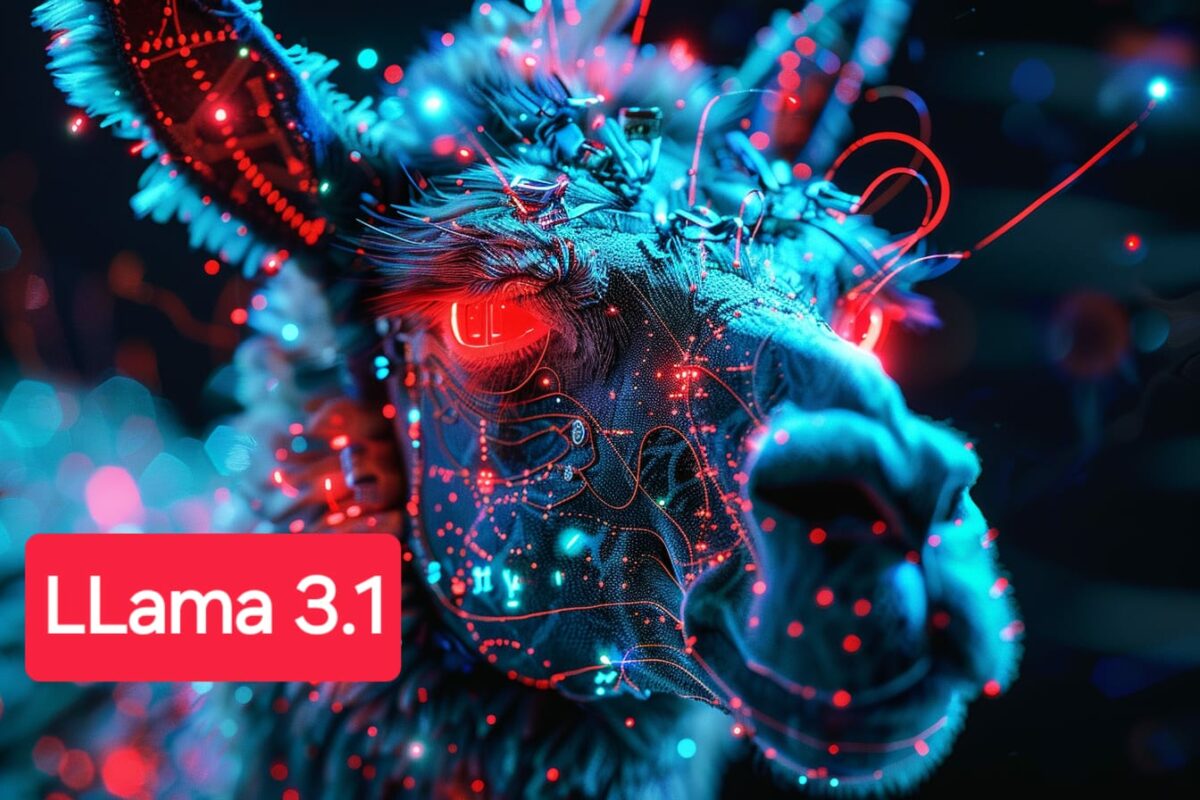
Llama 3.1, a 405 Billion parameters model, has just been released by Meta.
It comes with increased performances. Some early tests make it comparable to “GPT4o“.
A few perks:
- Still #opensource
- 128K token context window
- Improved Multilingual Support. Meta is a leader in multilanguage models.
- Comes with a new security and safety tool for advanced moderation and control mechanisms to ensure safe interactions.
- Improved capabilities for creating synthetic data.
I find the partner ecosystem, including NVIDIA, Google Cloud, Microsoft, Groq supporting Llama already quite impressive (see picture).
But also…
While the EU AI Act has been officially published on July 12, 2024, in the EU official journal, to come into force on August 2, 2024, Meta made worrisome news for the #artificialintelligence open source community.
In a nutshell, Meta will withhold the rollout of multimodal AI models in the EU region until the regulatory rules are clarified.
The EU AI Act contains explicit rules for foundation models, also known as “general-purpose AI models”, amongst the following:
- Article 51: Classification of general-purpose AI models as general-purpose #AI models with systemic risk
- Article 53: Obligations for providers of general-purpose AI models
- Article 55: Obligations for providers of general-purpose AI models with systemic risk
- Article 56: Codes of practice
Let’s hope we will find a way to balance #innovation and #regulation.
🫡

